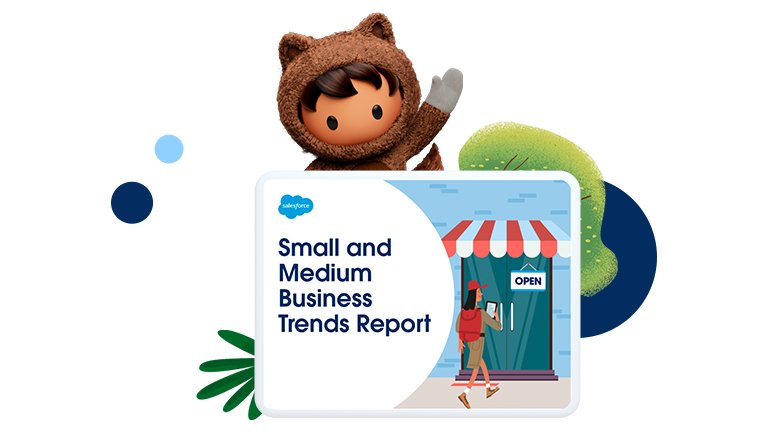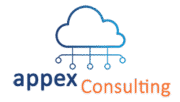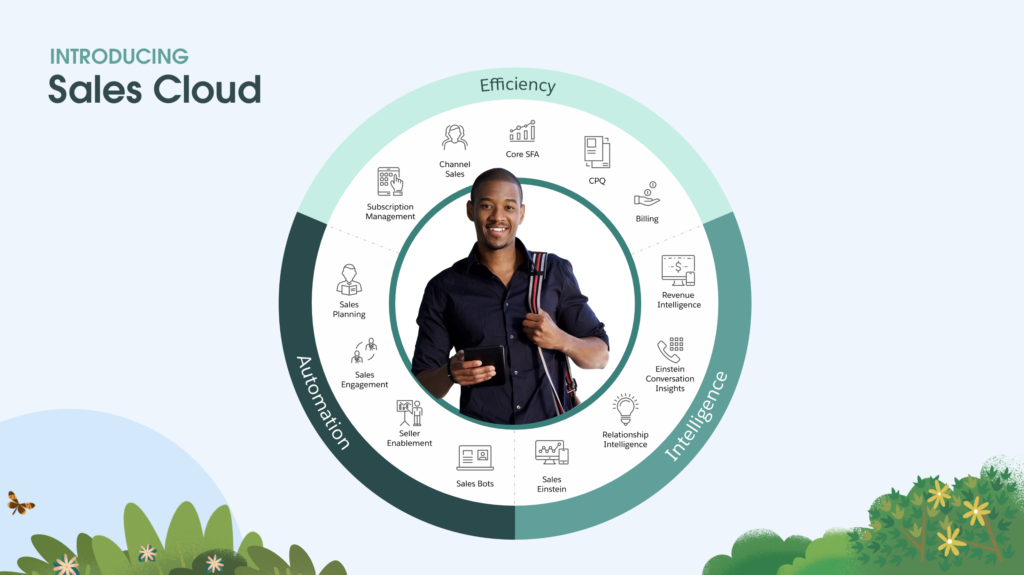For small and medium businesses (SMBs), managing customer relationships and streamlining operations are essential for growth. However, SMBs often face limitations in budget, resources, and technical expertise, making it challenging to compete with larger companies. Salesforce, one of the most widely used CRM platforms, has become a game-changer by offering scalable solutions that cater to businesses of all sizes. Here’s a closer look at why Salesforce is such a powerful asset even for non-enterprise organizations.
1. Enhanced Customer Relationship Management (CRM)
Salesforce is best known for its CRM capabilities, which help SMBs manage their customer relationships in a centralized and organized manner. With Salesforce, businesses can maintain detailed records of customer interactions, preferences, and histories, allowing them to provide personalized experiences and proactively address customer needs. This means building long-lasting customer relationships, improving customer satisfaction, and driving repeat business.
Example:
A small retail store can use Salesforce to track customer purchase histories and send personalized recommendations or special discounts based on customer preferences, creating a more engaging experience.
2. Scalability and Flexibility
As opposed to smaller-scale CRMs that address only to small businesses (and contain hidden costs for those wanting to increase usage), Salesforce is designed to grow with your business. This scalability means you can start with core features and add more as your needs evolve. Whether it’s expanding to different business functions, adding more users, or integrating advanced analytics, Salesforce can be easily scaled to match the growth trajectory of your business.
Example:
A business can start with Salesforce’s Sales Cloud to manage leads and contacts and later add Marketing Cloud as it expands its outreach strategy or Service Cloud to streamline customer support.
3. Centralized Data and Real-Time Insights
With Salesforce, even small and medium companies can unify data from various departments, giving teams access to real-time information. By consolidating sales, marketing, and customer service data in a single platform, SMBs can make faster, data-driven decisions. Salesforce’s reporting tools and dashboards make it easy to visualize key performance indicators (KPIs) and track progress towards business goals.
Example
A growing SaaS business can use Salesforce dashboards to track sales pipeline activity in real time, helping managers identify potential issues and opportunities quickly.
4. Automation of Repetitive Tasks
Automation is crucial especially for organizations with limited staff. Salesforce helps streamline operations by automating repetitive tasks such as follow-up emails, lead assignment, and customer feedback collection. Additionally, with the help of AI through Einstein, team members can focus on higher-value tasks, improving productivity and efficiency.
Example
A small marketing agency can automate email follow-ups with leads, allowing sales reps to concentrate on closing deals rather than on repetitive outreach.
5. Cost-Effectiveness and Time Savings
Salesforce offers flexible pricing models, which means companies can choose packages that align with their budgets and needs. Targeting its smaller scale customers, Salesforce also recently launched the Starter and Pro Suite. Those are all-in-one bundles from Sales, Service, Marketing and Commerce Cloud, aimed to address simple and common needs. By consolidating multiple business processes into one platform, businesses can reduce the need for multiple software subscriptions, cutting costs and minimizing the time spent managing different systems.
Example
A local healthcare clinic can use Salesforce to manage patient appointments, reminders, and follow-ups in a single platform rather than using separate tools for each function.
6. Improved Collaboration and Communication
Salesforce promotes collaboration across teams through Slack, which enables access from anywhere. Teams can share data, notes, and updates in real time, facilitating better communication and faster problem-solving. Moreover, on CRM-level, the Salesforce Chatter feature allows team members to collaborate on projects and share files within the platform.
Example
In a fast-growing tech startup, the sales and customer support teams can collaborate on customer issues through Slack with native integrations to the CRM, ensuring that everyone is aligned and up-to-date.
7. Personalized Marketing and Customer Engagement
Salesforce allows SMBs to create and execute highly personalized marketing campaigns. With Salesforce Account Engagement (ex-Pardot) , businesses can analyze customer data to segment audiences, create tailored messaging, and track campaign performance. By targeting the right message to the right audience, SMBs can maximize their marketing ROI and improve customer engagement.
Example: A boutique consulting firm can use Account Engagement to send personalized newsletters to their clients based on past engagements and in the same time, they gain more information per lead they get via the Lead Scoring system.
8. Data Security and Compliance
For companies with limits on budgets and other resources, ensuring data security and regulatory compliance can be challenging. Salesforce provides robust security features, such as data encryption, multi-factor authentication, and regular security updates. This helps the users protect their customer data and remain compliant with privacy regulations, reducing the risk of data breaches.
Example
A small financial advisory firm can rely on Salesforce’s built-in security features to ensure client data remains secure and compliant with financial regulations.
9. Access to a Thriving Ecosystem
Salesforce has a vast ecosystem of apps and integrations available through its AppExchange marketplace, with many of them being free. Companies can customize their Salesforce environment with applications that extend functionality across various business areas, from accounting and finance to project management and HR.
Example
A business using QuickBooks for accounting or Jira for project management can integrate it with Salesforce, allowing them to link financial data directly to customer records for improved visibility into revenue and expenses.
10. Continuous Innovation and Updates
Salesforce regularly releases updates and new features, ensuring that users have access to the latest tools and technology. For SMBs, this means staying competitive without needing to invest in new software. Salesforce’s commitment to innovation also means that companies benefit from easily installed but powerful AI add-ons like Salesforce Einstein, which brings predictive and generative AI capabilities and actionable insights to their fingertips.
Example
A small recruitment firm can use Salesforce Einstein to prioritize candidates based on predicted success, helping recruiters make faster, smarter hiring decisions.
Final Thoughts
For SMBs aiming to grow, operate more efficiently, and better engage customers, Salesforce provides a comprehensive and adaptable CRM solution that results in lower and more predictable Total Cost of Ownership (TCO). By investing in Salesforce, companies can gain a powerful toolkit for managing relationships, automating tasks, and making data-driven decisions, giving them a competitive edge in today’s fast-paced marketplace. The ability to scale and customize Salesforce to suit unique business needs makes it a long-term partner for companies of all sizes on their journey to success.
For more information on the topic, Salesforce has published insights from small business worldwide. Have a look below:

At Appex, we know deeply the pain points and limitations small and medium-sized businesses face everyday and we are fully capable in utilizing the Salesforce ecosystem to help our clients overcome them.
Get in touch to discuss how your business can also benefit from the best CRM platform in the market.


